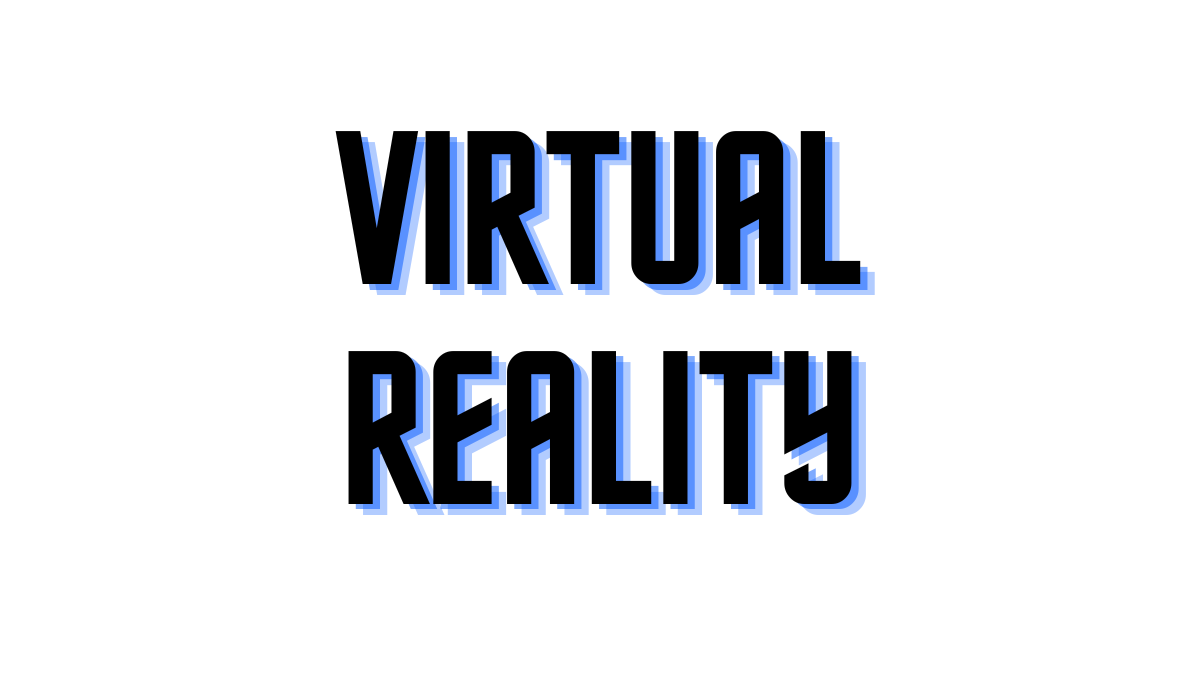
Virtual Reality The Future in Entertainment and Beyond
Virtual Reality (VR) has come a long way from its early days as a niche gaming technology. Today, VR is poised to redefine entertainment, education, healthcare, and various other industries. In this article, we’ll explore the exciting possibilities and innovations driving the future of virtual reality.
**1. Immersive Entertainment:
VR has already made waves in the gaming industry, offering players immersive experiences like never before. In the future, VR games will become even more sophisticated, blurring the lines between the virtual and real worlds. Expect to see VR experiences that rival blockbuster movies in terms of storytelling and engagement.
**2. Virtual Travel and Tourism:
VR allows people to explore exotic destinations from the comfort of their homes. Imagine taking a virtual tour of the Pyramids of Egypt, exploring the streets of Tokyo, or diving into the Great Barrier Reef—all without leaving your living room. Virtual tourism is set to revolutionize how we experience the world.
**3. Enhanced Education and Training:
VR offers a dynamic platform for education and training. Students can step into historical events, dissect complex 3D models, or practice medical procedures in a risk-free virtual environment. The future of education will be enriched by immersive learning experiences.
**4. Remote Collaboration:
The COVID-19 pandemic accelerated the adoption of virtual meetings and remote work. VR takes this a step further, allowing teams to collaborate in virtual office spaces. It’s a vision of remote work that includes realistic face-to-face interactions, shared whiteboards, and a sense of presence.
**5. Healthcare Advancements:
VR is making a significant impact in healthcare. Surgeons use VR for preoperative planning, and VR therapy is proving effective for treating conditions like PTSD and anxiety. In the future, VR will continue to enhance medical training, telemedicine, and patient rehabilitation.
**6. Virtual Social Experiences:
VR social platforms are evolving rapidly. In the coming years, we can expect virtual concerts, gatherings, and events that allow people from around the world to interact in shared virtual spaces, fostering a new era of social connectivity.
**7. Accessibility and Inclusivity:
As VR technology advances, efforts to make it more accessible to people with disabilities are gaining momentum. This includes creating VR experiences that cater to various needs, ensuring that everyone can benefit from the technology.
**8. Ethical Considerations:
As VR becomes more immersive, ethical concerns around privacy, addiction, and the blurring of reality and fiction will emerge. Society will need to address these issues and develop responsible guidelines for VR usage.
Conclusion: A New Reality Beckons
The future of virtual reality is not limited to entertainment; it’s a gateway to new dimensions of experiences. From education to healthcare, work, and social interaction, VR is reshaping our world. As technology continues to advance, we’re on the cusp of an exciting era where virtual reality becomes an integral part of our daily lives, transforming how we live, work, learn, and play.
As we venture into this new reality, it’s essential to navigate the ethical, privacy, and societal implications responsibly, ensuring that VR enriches our lives while respecting our values and well-being.
Time remaining: 60 seconds





